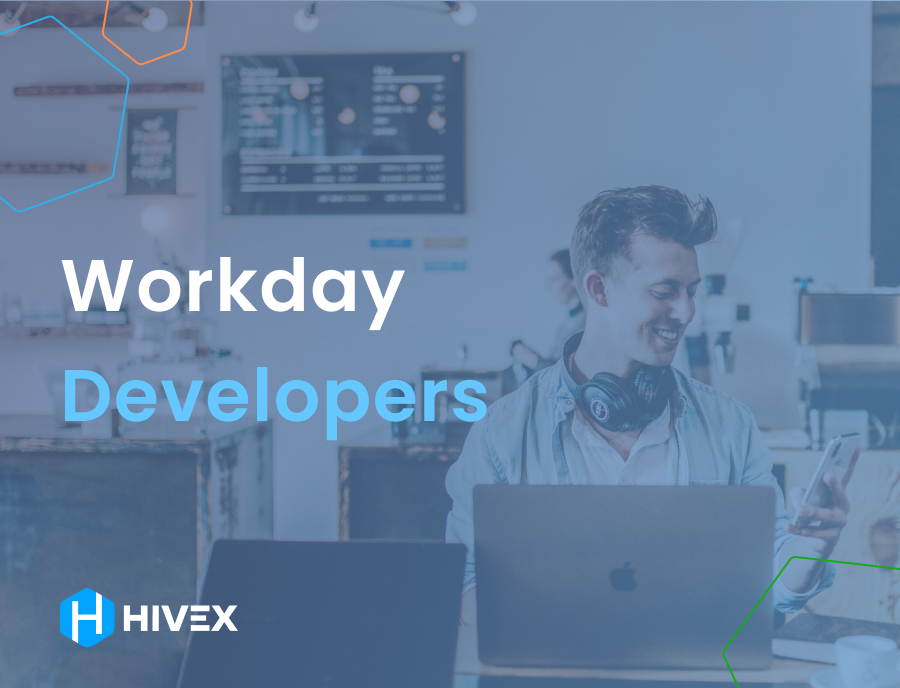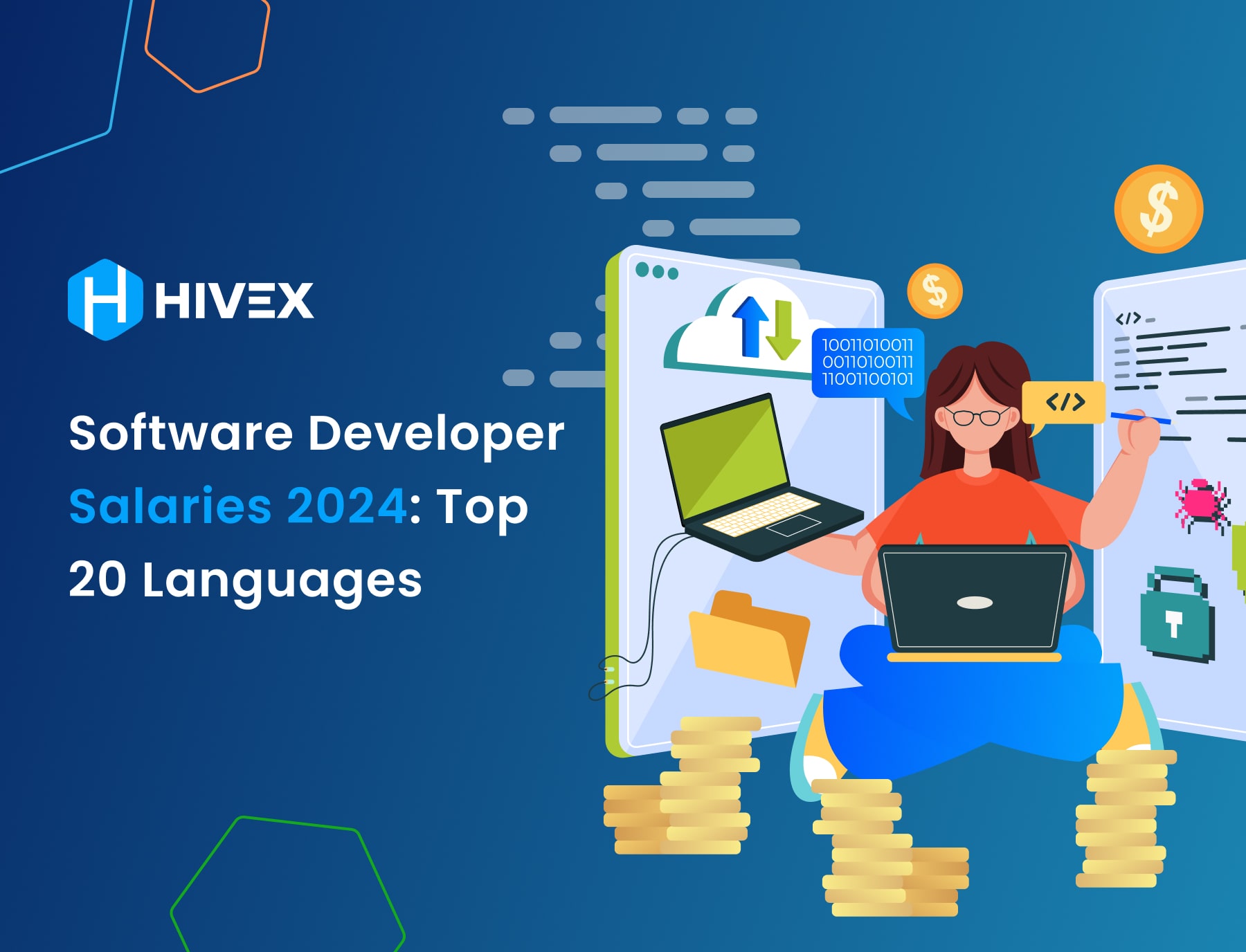AI in Recruitment: What, Why and How
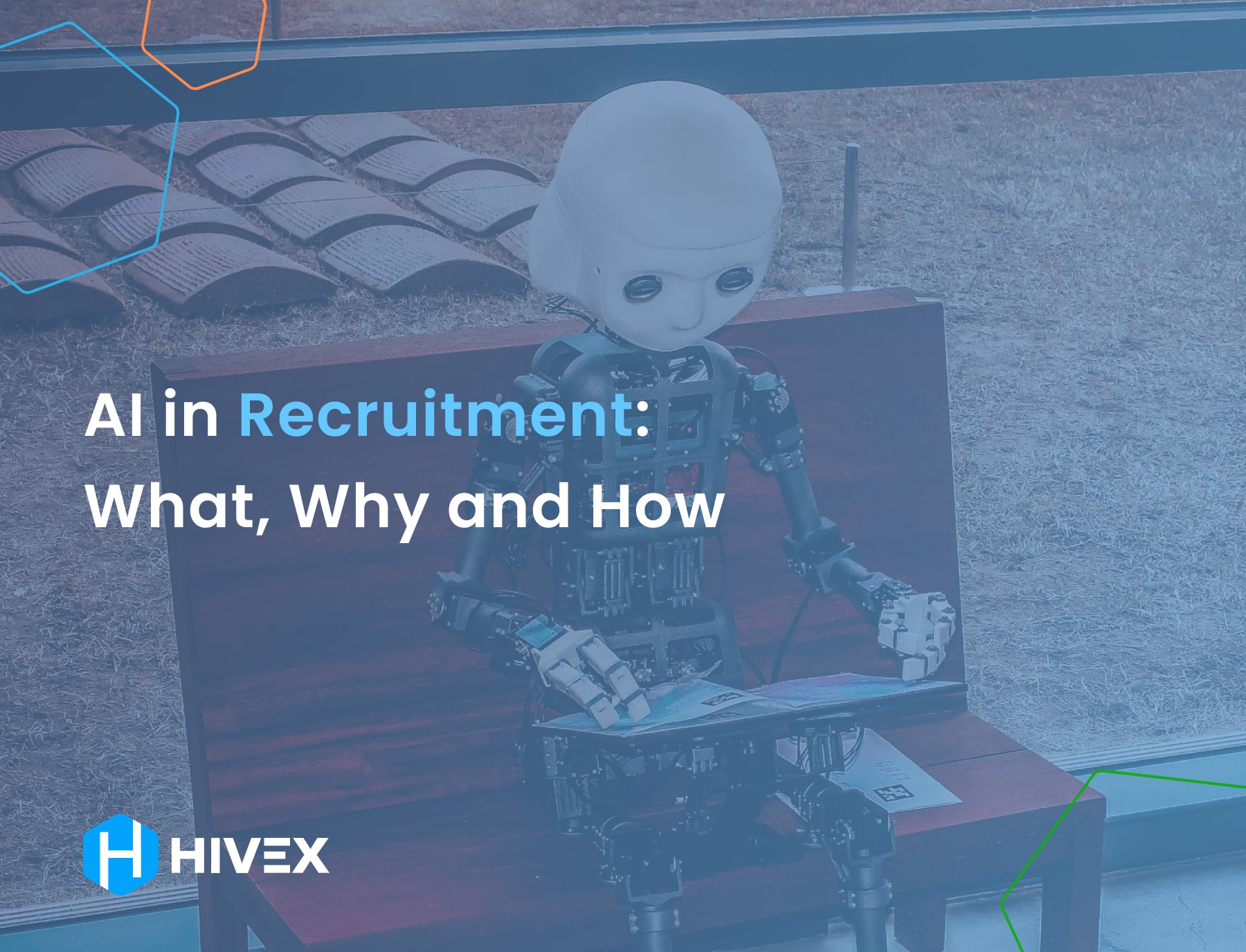
Artificial Intelligence (AI) has revolutionized the recruitment industry, transforming how organizations identify, attract, and select candidates. In this article, we will delve into the benefits, challenges, and best practices of AI in recruitment.
So let’s get started!
AI in the Recruitment Process: What and Why?
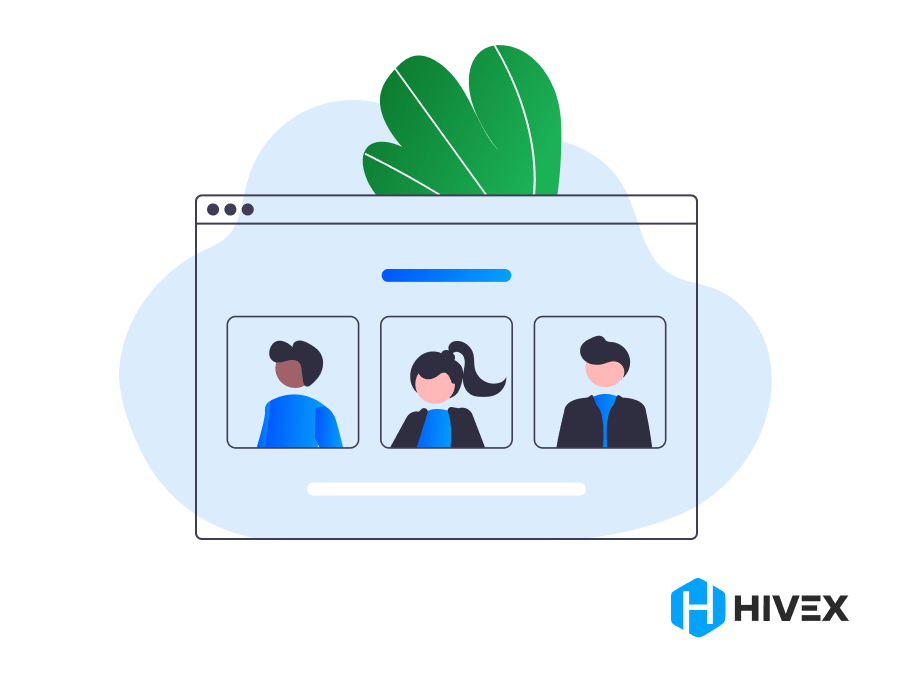
Before we explore the significant impact AI has on recruitment, let’s understand its essence. AI refers to the development of computer systems capable of performing tasks that typically require human intelligence. In the context of recruitment, AI leverages advanced algorithms, machine learning, and natural language processing to automate and optimize various aspects of the talent acquisition process.
Artificial Intelligence (AI) has revolutionized the recruitment industry by streamlining processes and enhancing outcomes. The integration of AI technologies in recruitment has paved the way for innovative solutions that cater to the evolving needs of both employers and job seekers.
Through sophisticated algorithms and data analysis, AI can swiftly sift through vast amounts of candidate information, identifying top talent with precision and speed.
So why is AI becoming increasingly prominent in recruitment?
The answer lies in its ability to improve efficiency, accuracy, and the candidate experience.
By automating time-consuming tasks like screening resumes and scheduling interviews, AI empowers recruiters to focus on strategic activities that require human judgment and personalized interactions. It also enables unbiased decision-making by reducing human bias throughout the selection process.
Furthermore, AI-driven recruitment tools offer insights into market trends, candidate behavior, and talent availability, enabling organizations to make data-driven decisions.
These tools can predict candidate success based on historical data and performance metrics, providing recruiters with valuable predictive analytics to enhance their hiring strategies.
AI integration in recruitment not only accelerates the hiring process but also enhances the overall quality of hires, leading to improved organizational performance and productivity.
AI vs Traditional Recruiting Process
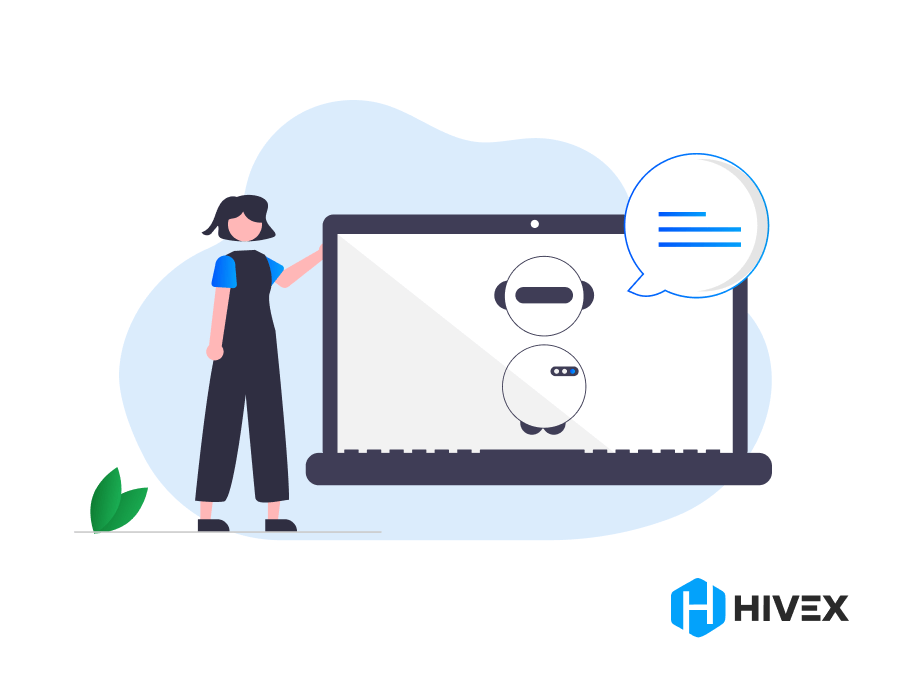
Traditional recruitment methods, although effective, are often manual, time-consuming, and prone to bias. In contrast, AI brings speed, accuracy, and objectivity to the table.
Let’s compare two critical areas where AI and traditional approaches differ:
When it comes to talent sourcing, the advent of AI has revolutionized the way recruiters discover potential candidates.
When AI wasn’t around, recruiters relied on manual searches through countless resumes and online profiles, often resulting in overlooking qualified individuals.
With AI, recruiters can leverage intelligent algorithms that sift through vast databases with lightning speed, identifying top talent efficiently.
By analyzing candidate profiles, work history, and skills, AI generates a precise shortlist, saving valuable time and ensuring a more diverse and inclusive candidate pool.
Talent Sourcing
In the pre-AI era, recruiters relied on manual searches through countless resumes and online profiles, often overlooking potential candidates.
With AI, recruiters can utilize intelligent algorithms to scour vast databases and identify qualified candidates efficiently.
AI analyzes candidate profiles, work history, and skills to generate an accurate shortlist, saving time and ensuring a more diverse candidate pool.
Screening Qualified Candidates
Screening a large number of applications manually is an arduous task that may lead to unconscious biases and errors.
AI-powered applicant tracking systems analyze resumes, extract relevant information, and compare qualifications against job requirements. This enables recruiters to focus on candidates who best match the job criteria, reducing time-to-hire and ensuring fair evaluation.
Screening candidates manually can be challenging and error-prone. Sorting through a large volume of applications manually not only consumes time but also increases the risk of unconscious biases creeping into the selection process.
In contrast, AI-powered applicant tracking systems have emerged as a game-changer in recruitment. These systems can swiftly analyze resumes, extract pertinent information, and compare candidate qualifications against job requirements with precision.
By automating this process, recruiters redirect their focus to candidates who closely align with the job criteria, streamlining the hiring process and guaranteeing a more objective evaluation.
Advantages of Integrating AI in the Hiring Process
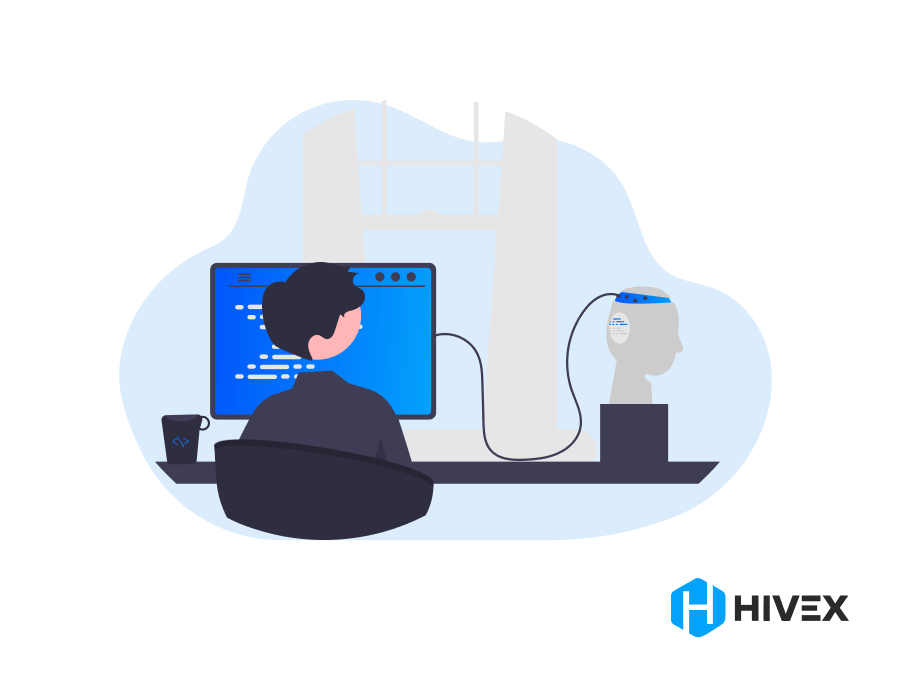
Incorporating AI into the recruitment process offers numerous benefits:
- Improved Efficiency: AI automates repetitive tasks, significantly reducing administrative burdens and allowing recruiters to allocate more time to strategic activities.
- Enhanced Accuracy: With AI, organizations can make more data-driven decisions, reducing the likelihood of subjective judgments and improving overall hiring accuracy.
- Increased Diversity: AI-driven systems can eliminate unconscious biases, ensuring fair evaluation and increasing diversity within the candidate pool.
- Greater Candidate Experience: AI streamlines the application process, providing candidates with quicker responses, personalized feedback, and a seamless recruitment journey.
Expanding on the benefits of AI in recruitment, it’s important to note that AI can also help with talent rediscovery.
By analyzing vast amounts of data, AI can identify past applicants who might be relevant candidates for current job openings, thus saving time and resources in the search for suitable candidates.
Additionally, AI can assist in assessing candidates’ success by analyzing various factors such as skills, experience, and cultural fit, helping organizations make more informed hiring decisions.
The use of AI for recruitment can lead to improved employee retention. By utilizing AI tools to match candidates with roles that align with their skills and career aspirations, organizations can increase the likelihood of employees staying longer with the company.
This personalized approach to recruitment not only benefits the individual employee but also contributes to a more engaged and productive workforce overall, enhancing the overall recruitment efforts of hiring managers.
How AI is Reshaping Candidate Sourcing
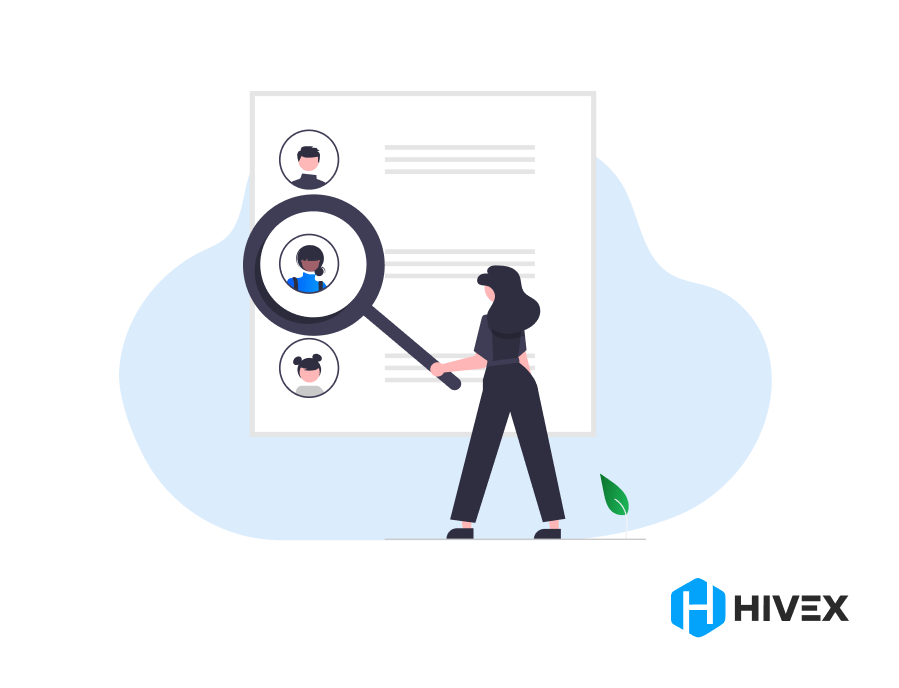
AI is revolutionizing the entire hiring process by providing recruiters with powerful tools to identify and engage potential hires. The utilization of AI-powered tools has significantly enhanced the efficiency and effectiveness of candidate sourcing strategies.
One key aspect where AI has made a substantial impact is streamlining resume parsing processes.
By employing advanced algorithms, AI can swiftly analyze resumes to extract crucial information such as work experience, skills, and educational background.
This automated parsing not only saves time but also ensures more accurate identification of the best candidates, thereby streamlining the initial screening process for recruiters.
- Streamline Resume Parsing: AI algorithms can analyze resumes for relevant information, such as work experience, skills, and educational background, making it easier to filter and identify qualified candidates.
- Utilize Social Media Data: AI can mine social media platforms to gather insights about candidates, their interests, and their professional networks, enabling recruiters to identify passive candidates who may not be actively searching for job opportunities.
- Create Candidate Personas: AI can analyze existing top-performing employees’ profiles and identify common characteristics, enabling the creation of targeted candidate personas for efficient sourcing and better talent alignment.
Furthermore, AI’s ability to harness social media data has opened up new avenues for recruiters to tap into a vast pool of talent.
By analyzing candidates’ online presence and interactions, AI can provide recruiters with valuable insights into candidates’ personalities, preferences, and professional connections.
This enables recruiters to engage with passive candidates who might not be actively seeking job opportunities but possess the desired skills and qualifications.
AI-Powered Candidate Screening and Selection
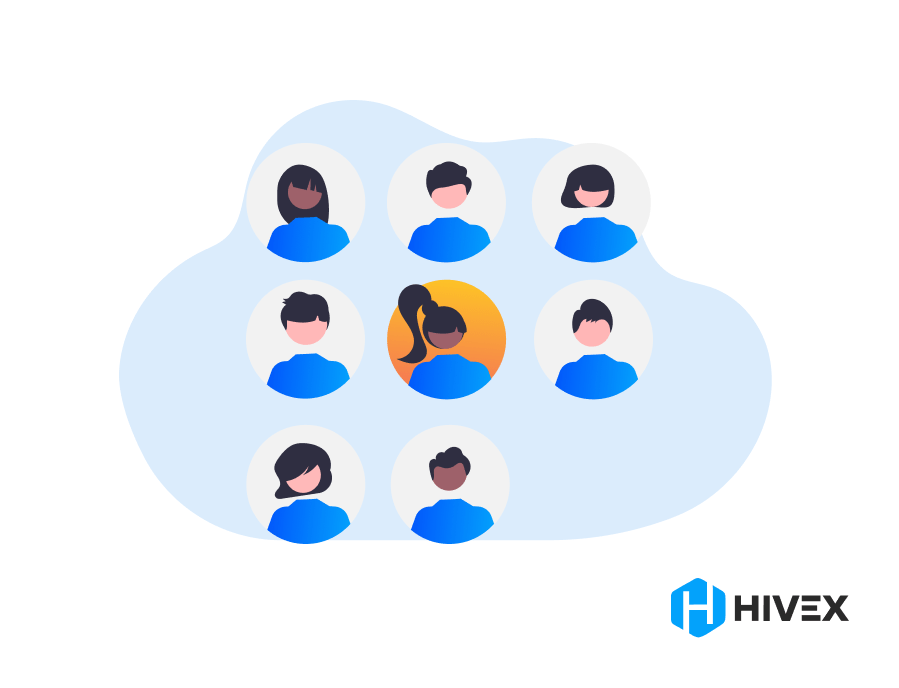
The traditional approach to candidate screening often involves a manual review of resumes and conducting preliminary phone screens.
However, AI is improving this process by:
Using AI for Keyword and Skill Matching: AI-enabled systems can identify the most suitable candidates by matching keywords and required skills with those mentioned in the job descriptions.
Natural Language Processing: AI algorithms can analyze candidate data and understand the context of candidate responses to open-ended questions, enabling more advanced screening while reducing human bias.
Video Interview Analysis: AI-driven video interviewing platforms automatically analyze facial expressions, tone of voice, and body language to assess candidate responses objectively, a significant advancement for talent acquisition professionals.
Innovating Talent Assessment Through AI
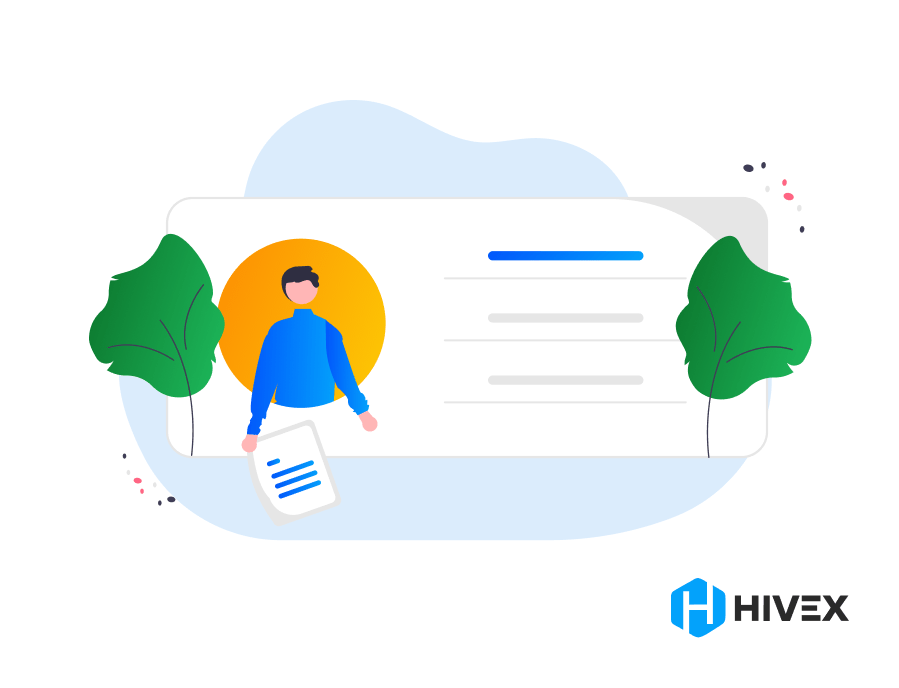
AI offers novel approaches to talent assessment, improving the accuracy and objectivity of the evaluation process for job applicants.
Here are a few examples:
Cognitive and Skills Assessments: Leveraging AI, hiring managers can evaluate candidates’ problem-solving abilities, cognitive skills, and domain expertise, providing deeper insights into their potential fit for the role.
Predictive Analytics: AI algorithms analyze historical recruitment data to identify patterns and predict candidates’ success in specific job roles, helping make informed hiring decisions.
Virtual Reality Simulations: AI technology combined with virtual reality can simulate job-related scenarios, allowing candidates to showcase their abilities in a realistic environment.
You may also like: How to Hire VR Developers
Transforming Candidate Interviews with AI
Interviewing candidates is a crucial stage in the recruitment process, and AI can significantly enhance this process for recruiting teams in several ways:
Automated Scheduling: AI-powered interview scheduling tools eliminate back-and-forth communication by suggesting optimal interview slots based on candidates’ availability and interviewers’ schedules, streamlining the hiring process.
Sentiment Analysis: AI algorithms can analyze interview recordings to identify emotions, confidence levels, and communication skills, helping recruiters assess candidates beyond their verbal responses.
Real-time Language Translation: AI-powered language translation tools bridge communication gaps by providing real-time translations during multilingual interviews, facilitating global hiring efforts.
AI’s Influence on Offers and Onboarding
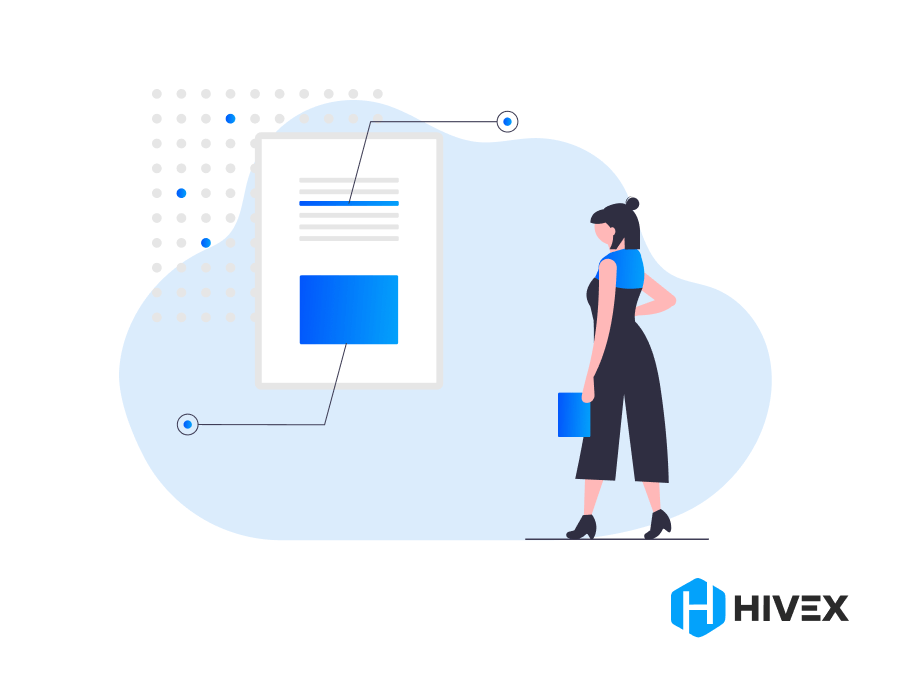
AI extends its impact beyond candidate selection by streamlining the final stages of the recruitment process:
Suggested Job Offers: AI algorithms can analyze candidate profiles, compensation data, and market trends to recommend competitive job offers, empowering organizations to make informed salary decisions.
Predictive Onboarding: AI-driven onboarding platforms can develop personalized onboarding journeys based on the candidate’s role, location, and learning preferences, ensuring a smooth transition into the organization.
Automated Document Verification: AI-powered systems can verify candidate documents, such as degrees and certifications, ensuring their authenticity and preventing fraudulent activities.
Related Reading: Developer Onboarding Checklist
Best Practices for Utilizing AI in Recruiting
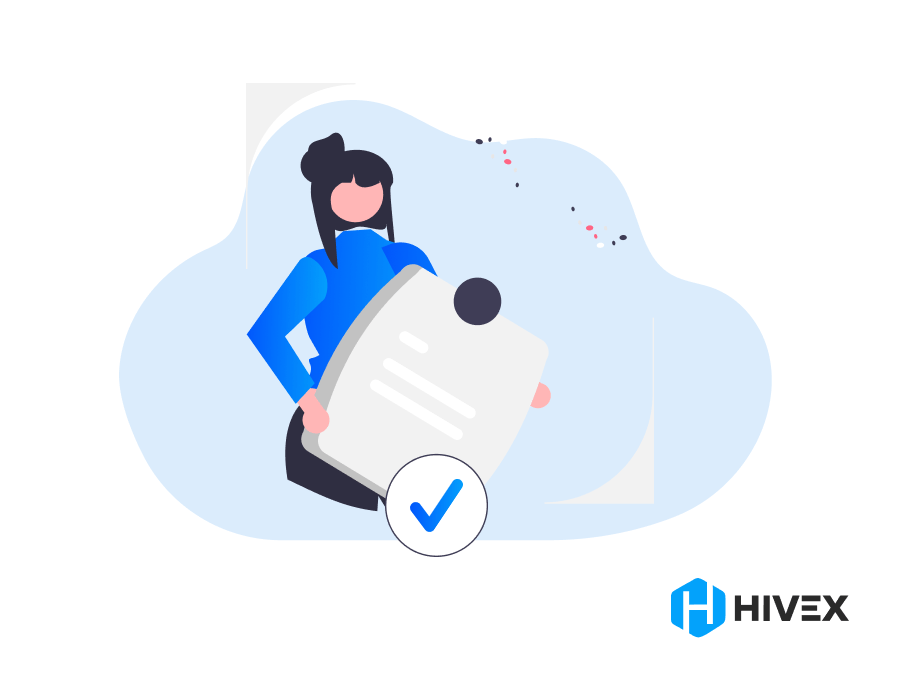
While AI presents numerous benefits, it is crucial to adopt it strategically and ethically to maximize its potential. Here are some best practices to consider:
1. Define Clear Objectives for the Recruiting Process
Articulate the specific goals you aim to achieve using AI for recruitment to ensure alignment with organizational needs.
This could include objectives like improving the efficiency of screening candidates, enhancing the relevance of job descriptions, or reaching more suitable job candidates.
2. Train AI Algorithms to Reduce Bias
Provide AI systems with quality data and continuously fine-tune algorithms to enhance accuracy and reduce unconscious bias. This is essential to ensure a fair and inclusive hiring process.
3. Maintain Human Involvement
Strike a balance between AI automation and human decision-making, ensuring a personalized touch and ethical oversight throughout the recruiting process.
While AI can streamline many aspects, human insights are crucial for effective candidate outreach and building relationships.
4. Stay Compliant with Data Privacy in the Hiring Process
Understand and comply with relevant data protection regulations to ensure the secure handling of candidate data throughout AI recruitment.
This is particularly important as the hiring process takes into account sensitive information.
5. Regularly Evaluate and Adapt AI Tools
Continuously monitor AI tools’ performance, evaluate their impact on hiring teams, and make necessary adjustments to ensure optimization and ongoing improvement.
This practice helps in keeping the systems aligned with the evolving needs and expectations of both recruiters and candidates.
The Balance Between AI and the Human Element in Recruitment
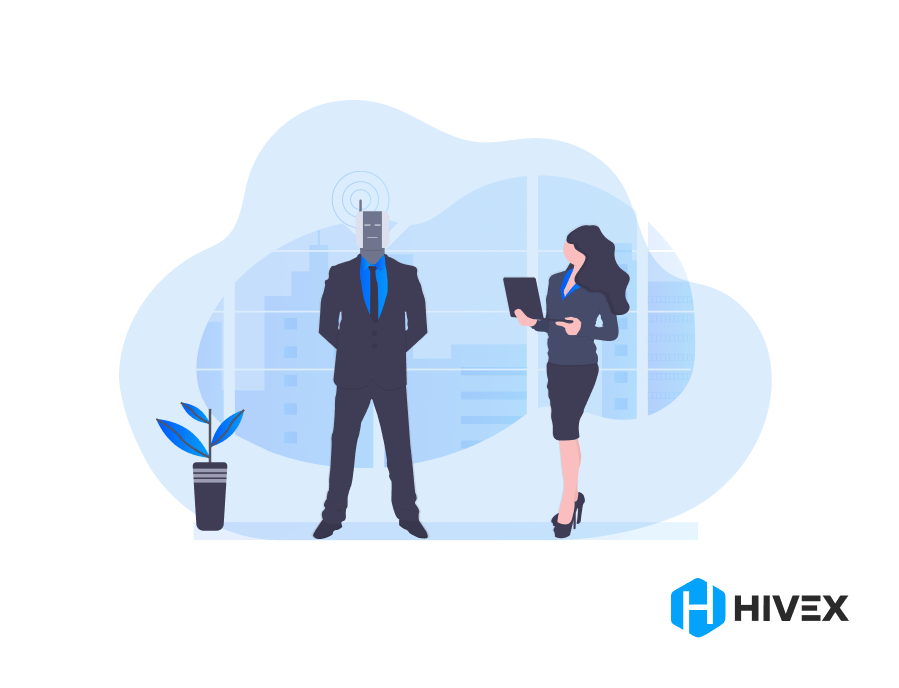
Maintaining a balance between artificial intelligence and humans is key to a fair, efficient, and effective hiring process.
While AI is great at automating repetitive tasks and handling big data quickly, humans are better at making nuanced judgments about a candidate’s personality, cultural fit, and other subjective factors. That’s why it’s important to preserve the human element while utilizing technology.
One way to achieve this balance is by using AI to assist human resources rather than replace them.
AI can be used to handle recruitment stages like screening resumes and scheduling interviews. This way, recruiters will have more time to focus on the later stages of the hiring process that require human intuition and judgment. This includes conducting interviews and making hiring decisions.
Another approach is to integrate AI into areas where its strengths can be fully utilized, such as data analysis.
AI can analyze data from various sources to provide insights into market trends, candidate behavior, and the effectiveness of different recruitment strategies. This would enable recruiters to make data-informed decisions, enhancing recruitment efficiency.
Maintaining a balance between AI and the human element in recruitment is not about choosing one over the other but rather about leveraging the strengths of both.
Incorporating AI where it can improve efficiency and using human intuition where it’s needed will help companies create a more effective and balanced recruitment strategy.
Implementing AI in Recruitment Effectively
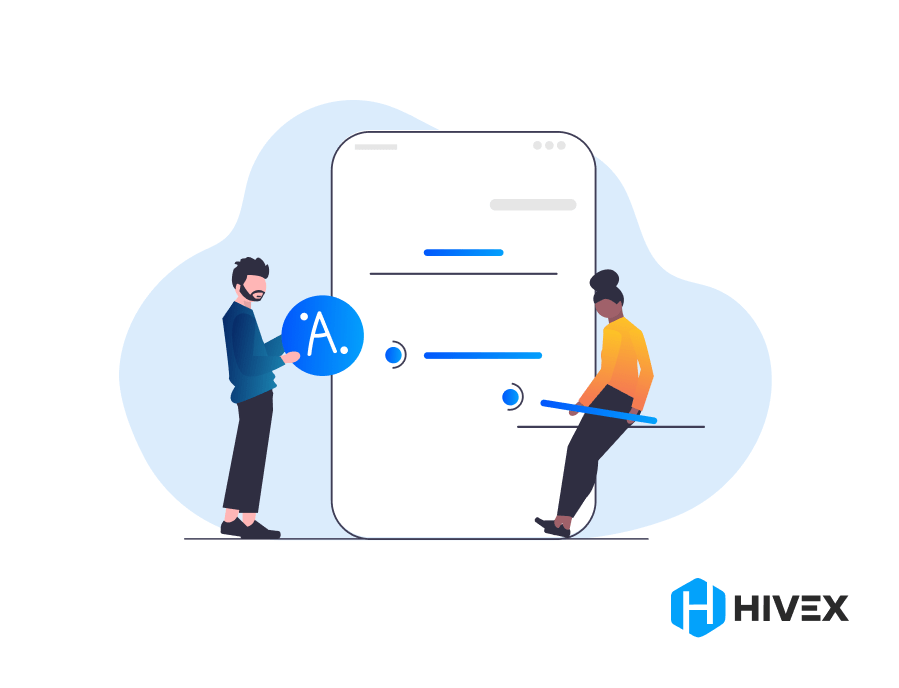
Implementing AI successfully requires careful planning and execution. Here are some steps to follow:
1. Assess Organizational Needs
Identify the pain points in your existing recruitment process and determine where AI can add the most value. This could involve analyzing the efficiency of the hiring team and how recruitment software can improve it.
2. Research AI Solutions
Explore different AI solutions on the market and choose ones that align with your objectives, budget, and technical requirements. It’s important to identify reliable AI vendors that meet your specific needs.
3. Embrace AI with Collaborative Efforts
Involve recruiters, hiring team members, and IT professionals in the decision-making process to ensure a smooth transition and successful implementation of AI solutions. Emphasizing a collective approach to embrace AI is crucial for seamless integration.
4. Pilot and Test
Start with a small-scale pilot program to assess the effectiveness of AI technologies in your recruitment software and gather feedback from stakeholders. Iterate and refine the AI solution based on insights gained.
5. Provide Training and Support
Offer training sessions to ensure recruiters and hiring team members are comfortable using AI tools. Provide ongoing support to address any concerns or challenges that may arise, ensuring AI’s full potential is realized in the recruitment process.
AI Recruitment Myths and Realities
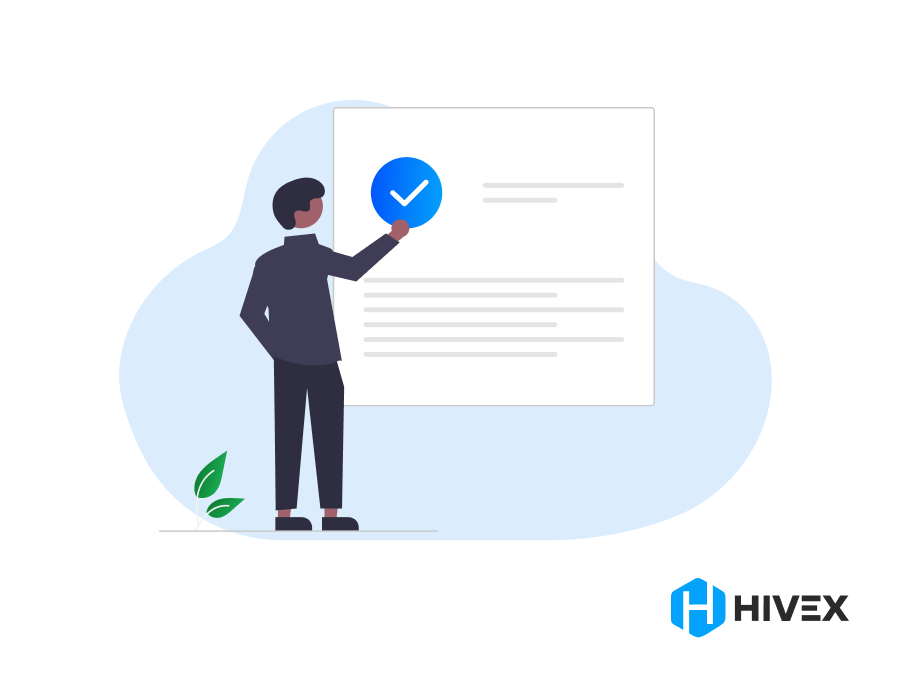
As AI gains prominence in recruitment, several myths and misconceptions have emerged.
Let us address two common concerns:
Is AI replacing HR?
While AI recruiting tools streamline and automate various recruitment tasks, they cannot replace the strategic thinking, empathy, and decision-making skills that HR professionals bring to the table.
Instead, AI empowers HR professionals to focus on high-value activities. These recruitment tools complement human expertise, not replace it.
They filter through applications, identify more qualified candidates more efficiently, but the final decision-making and personal touch remain human-centric.
Will AI eliminate HR?
AI is a tool that enhances HR processes, not a replacement for HR professionals. AI recruiting tools and recruitment tools augment HR roles, enabling HR teams to make data-driven decisions and improve overall efficiency.
The fear that AI will eliminate HR jobs is unfounded; rather, AI will revolutionize how HR functions by reducing mundane tasks and allowing HR professionals to concentrate on the more strategic and interpersonal aspects of their roles. The use of AI for recruitment is about enhancing, not replacing, the human element in HR.
Read also: AI in Fintech: Key Use Cases and Benefits
